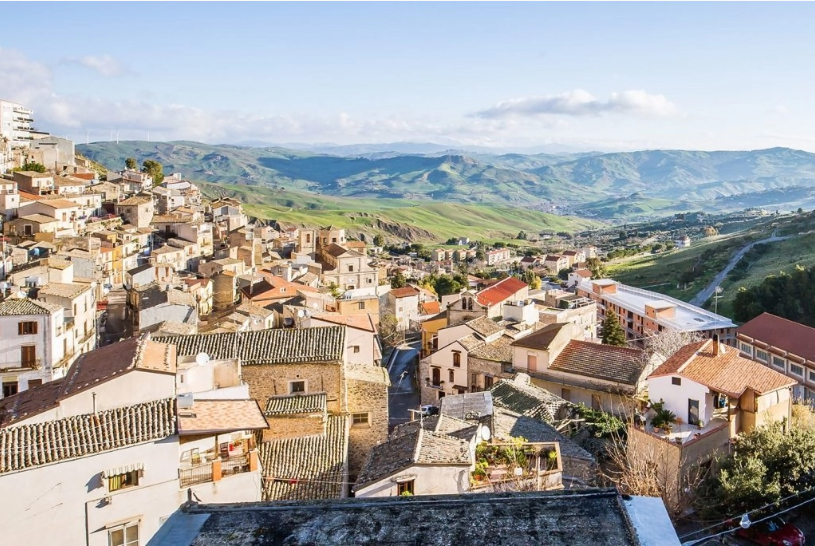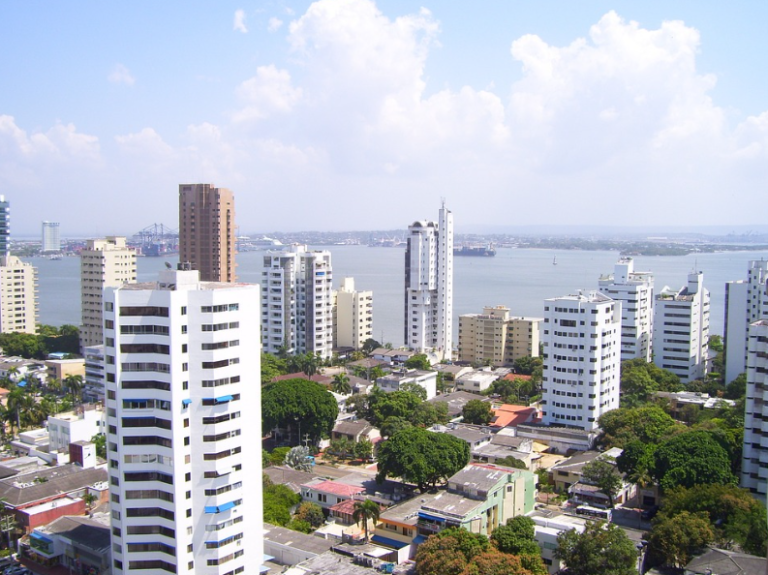Introduction
These opportunities come with specific conditions, requirements, and potential costs that prospective buyers need to be aware of. This blog post will explore the essentials of the one-euro house initiative and other programs, the pros and cons of such purchases, the countries and cities/towns offering this program, and who to contact for more information.
What is the One-Euro House Program?
The one-euro house program aims to revitalize small towns and rural areas across Europe by selling abandoned properties for a symbolic price of one euro. This initiative helps combat population decline and decay in these regions while providing affordable housing opportunities. It is a win win as these properties are abandoned and the town benefits as well as the buyer.
Conditions for Purchase;
While buying a property for one euro has its advantages, it comes with certain conditions:
- Renovation Commitment: Buyers must commit to renovating the property within a specified period, usually ranging from one to three years.
- Deposit Requirement: Many towns require a deposit, typically between €1,000 ($1086 per today) and €5,000 ($5425), which is refundable upon completion of the renovation.
- Renovation Plans: Buyers often need to submit detailed renovation plans and obtain approval from local authorities.
- Occupancy: In some cases, buyers must agree to occupy the property as their primary residence or use it for specific purposes, such as a business or holiday rental.
Other Requirements
In addition to the conditions above, buyers may need to meet other requirements:
- Legal Fees: Buyers are responsible for notary fees, legal costs, and taxes associated with the purchase.
- Local Regulations: Adherence to local building codes and regulations is mandatory.
- Insurance: Property insurance during and after the renovation is typically required.
Renovation Costs
-
- Minor Repairs: Basic repairs might cost between €10,000 ($10,840 US) and €20,000.
- Major Renovations: Extensive renovations, including structural work, can range from €50,000 ($54,000) to €100,000 or more.
- Hidden Costs: Unexpected expenses, such as asbestos removal or foundation repairs, can increase the overall cost.
Pros and Cons of Buying a One-Euro House
Pros
- Affordable Entry Point: The initial purchase price is incredibly low.
- Investment Opportunity: Potential for property value appreciation after renovation.
- Cultural Experience: Living in or owning a property in a historic European town can be a unique and enriching experience.
Cons
- High Renovation Costs: Renovations can be costly and sometimes exceed the property’s value.
- Bureaucratic Hurdles: Navigating local regulations and obtaining necessary permits can be challenging.
- Time-Consuming: Renovations require significant time and effort, which may not suit all buyers. Not being there and relying on contractors can create risks. You really need to have a presense.
Countries and Villages Offering One-Euro Houses and low cost Abandoned Homes
While Italy seems to participate in the one-euro homes, other countries have similar programs where they offer deals on abandoned homes:
-
Italy
Sambuca di Sicilia, Mussomeli, Pettineo, Caltagirone, and Gangi in Sicily; Ollolai in Sardinia; and many small towns in Abruzzo such as the village of Pratola Peligna. Taranto in the Apulian region. Many others
-
Spain
Spain has some slightly different low cost options to look into for abandoned homes. Some towns and regions include Rubia and several villages in Galicia such as Leiro (wine country), Villanueva de lost Infantes, Penarroya-Puebloneuvo, Carmena (a rural village) and Santo Domingo-Caudilla and its medieval past
-
France
: France has smaller numbers but recently were available in Saint-Amand-Montrond in the Centre-Val de Loire region, Roubaix in the Hauts-de-France region and villages in the Brittany region. France started after Italy and Spain with this program.
-
Portugal
Portugal is an interesting country but it is somewhat in flux. There are over 700,000 vacant properties, but there is also a severe housing shortage Portugal is also become a very popular tourist destiny. Much of the housing policy here is not settled as a new government taking over in April and new priorities. The best guess is that the new government will likely be more open to foreign investment. One of the main issues in Portugal has been government regulations making it difficult to renovate. The best opportunities currently are in the Guarda region, towns like Meda and Figueira de Castelo Rodrigo.
-
Ireland
This program is a little different as it starting a plan to pay people to move to rural wind-swept islands, around 80,000 euros. But the reason Ireland is willing to pay is that the places are romote and cut off from the mainland and have its own challeges with weather.
Who to Contact
To explore abandone home opportunities, prospective buyers should contact:
-
Local Municipalities
: Reach out to the town halls of the participating towns for detailed information. This can be daunting if you don’t speak the language. An example to contact:
Pratola Peligna, Abruzzo
Email: casealeuro@commune.pratapelginga.aq.it Phone: +39 0864 274141
Taranto, Puglia
Email: comunicasione.urp@comune.taranto.it Phone: +39 099 458111
-
Real Estate Agents
: Local real estate agents can provide insights and assistance with the purchase process.
-
Online Platforms
: Websites like 1eurohouses.com and similar platforms list available properties and offer guidance.
Conclusion
Buying a one-euro house in Europe can be an exciting and affordable way to own property abroad, but it requires careful consideration of the conditions, costs, and potential challenges. By understanding the requirements and being prepared for the renovation process, buyers can turn these neglected properties into beautiful homes or profitable investments. It is probably a challenge that is best suited for someone who is going to be there during the renovations. An absentee owner needs a lot of luck and to hire trustworthy contractors.




